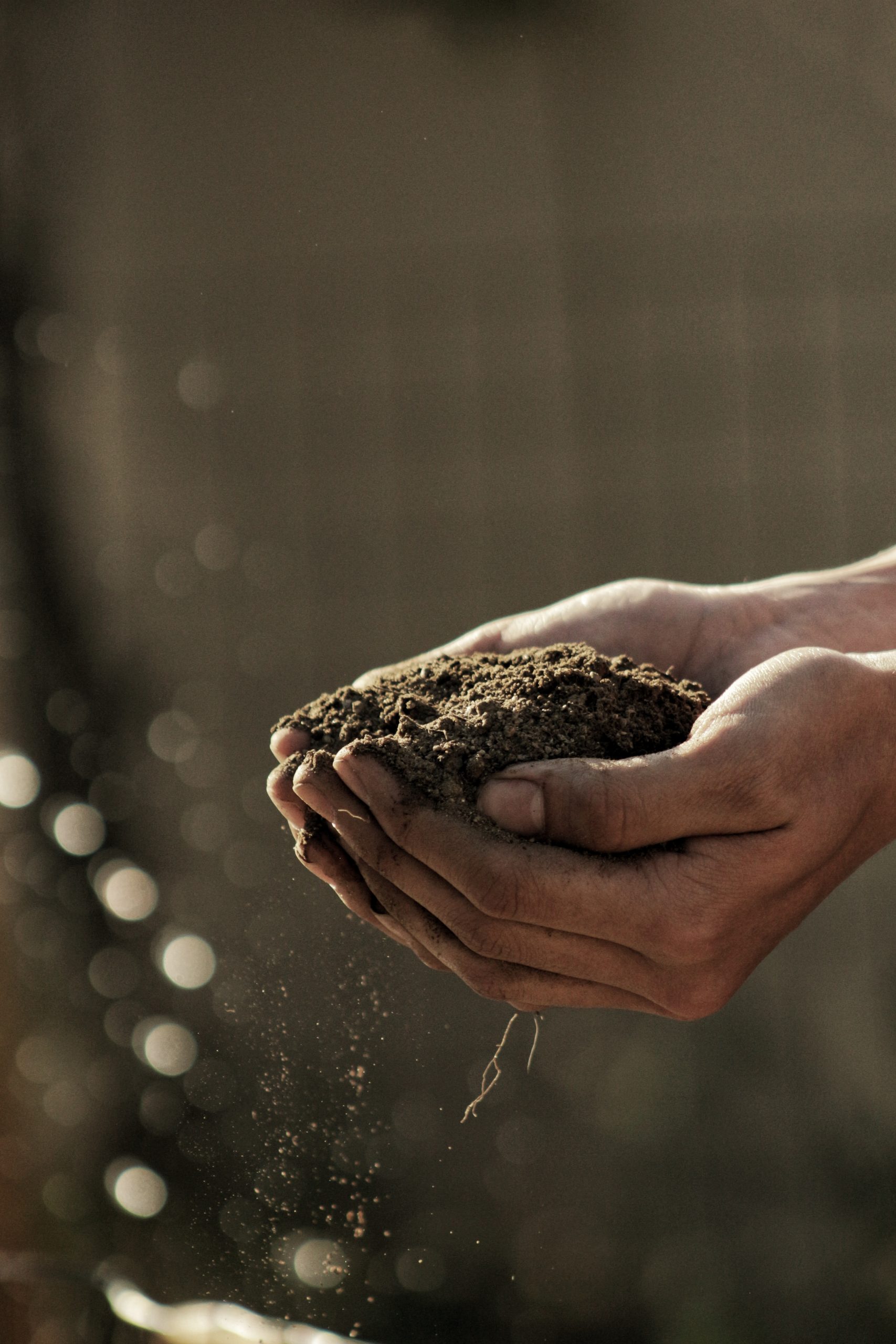High Plains Journal staff is preparing for the 2024 Soil Health U event, scheduled for Jan. 17 to 18 in Salina, Kansas, at the Tony’s Pizza Event Center. These two days of education are packed with qualified speakers, panel discussions and networking opportunities for attendees at the Soil Health U tradeshow. Vendors from across the agriculture industry will be set up on the tradeshow floor to speak with attendees.
Fifth-generation farmer Jeremy Brown, of Broadview Agriculture Inc., will kick off the event with an opening keynote address. Brown farms 5,000 acres of conventional and organic cotton, wheat, rye, grain sorghum and multispecies cover crops on the southern Plains of West Texas.
His presentation, entitled “Why are you here? Why soil health?” will focus on his personal journey of making soil health the center of his farming operation. He said it is more than just following a few soil health principles—it is seeing farming through an entirely different lens. Brown said establishing why an operation is focused on soil health will carry producers through difficult times.

Apart from Brown’s message, multiple breakout sessions with speakers and panel discussions are planned. The breakout speakers include: Fred Vocasek, senior lab agronomist at ServiTech Laboratories, with a presentation titled, “Soil testing—not just chemistry;” Joshua Gaskamp, consultation manager at Noble Research Institute, with a presentation entitled “Grazing for soil health;” Brown will return to the stage for a breakout session called “Can regenerative agriculture work in a dry climate?” Matt Splitter, owner at Splitter Farms, will present “Establishing soil health with the right equipment—a farmer’s perspective;” Chris Proctor, weed management Extension educator at the University of Nebraska-Lincoln, will give a breakout session called “Using cover crops as an IPM tool for managing hard-to-control weeds in no-till cropping systems”; and Keith Berns, co-founder of Green Cover, will present, “Cover crop mixology—how and why to design a cover crop mix.”
Berns is looking forward to sharing his years of knowledge about selecting the proper cover crop mixes with attendees. He said regenerative practices rely on biology more than chemistry and when producers start making those shifts, they can begin to reduce the amount of money spent on inputs which will help the profitability of the operation.
“Soil is only built by green, living plants that are growing and putting carbon root exudates into the soil to build soil structure and to nourish and support the biological life of the soil,” he said. “Cover crops are doing this process during times of the year that the soil would otherwise be fallow, stale, naked, and malnourished.”
When asked what he was most excited about when he attends Soil Health U, he said he is ready to network and talk with other attendees.
“I am always energized by being around other like-minded farmers,” Berns said. “Jeremy Brown has a great story to share and I am really looking forward to hearing his keynote address as well. Events like Soil Health U provide the knowledge to implement regenerative practices as well as the opportunity to meet new people who can be part of a learning network for the future.”
Panels, general sessions and awards
The panel discussions will include a custom grazing panel moderated by Matthew Bain, Southern High Plains grassland project manager at The Nature Conservancy. The line-up of panelists will include Kevin Wiltse, Wiltse Family Farms; Mark Lohrding, Lohrding 3-Bar Ranch; Scott Johnson, Flying Diamond Ranch and Caleb Chapman, ranching manager at Chapman Livestock.
A water panel, entitled “Conserving every last drop,” is also planned with moderator Wes McCary, tech projects coordinator at the Kansas Water Office. Panelists are Ryan Brady, farmer and rancher; Pat Janssen, self-employed ag producer; Dwane Roth, Front Porch Farms; and Katie Durham, manager at Western Kansas Groundwater Management District No. 1.
The ever-popular farmer panel is also included in this year’s schedule. The moderator of this discussion will be Vance McCoy, owner of Triple Creek Cover Crops. Panelists include Jami Richardson, co-owner at Farmin’ Arb Enterprises; Justin Dvorak, fifth-generation farmer; Brad Haynes, Haynes Farms; and Matt Splitter, owner at Splitter Farms.
On Day Two, Macauley Kincaid, a regenerative farmer from southwest Missouri will give a general session presentation called “Regenerating your profits.” This topic is arguably one of the most talked about segments of the regenerative movement and Kincaid’s session should be of interest to any farmer who sows seeds into the soil and tries to make a profit each year.
Cristine Morgan, chief scientific officer at the Soil Health Institute, will bring the 2024 event to a conclusion with her address, “Measuring and evaluating soil health.” During this keynote, attendees will hear Morgan’s thoughts, from a scientific perspective, on measuring changes in soil health and she will share current work on how the SHI and its partners are working with ag retailers to engage in soil health consulting.
“The SHI has published economic analyses of over 150 farms that have adopted soil health management systems on production-scale farms,” Morgan explained. “The data and analyses are compelling, soil health management systems improve net farm income by about $50 per acre in corn and soy, over $100 per acre in cotton and by about $10 per acre in small grains production. I am passionate because regenerating soil functioning for agriculture production makes business sense.”
Morgan, Brown and Berns encourage anyone in agriculture to attend Soil Health U, no matter where he or she lands in the regenerative journey.
“Any farmer who wants to be more profitable and be a better steward of the resources that God has given them should attend,” Berns said. “Both the knowledge gained and the relationships made will prove to be very valuable down the road.”
Amidst the education and networking, Soil Health U is also an event that takes time to recognize outstanding members of the regenerative agriculture community. Two awards—Regenerative Woman of the Year and Young Producer of the Year—are presented to deserving individuals at the event. These award recipients are nominated by their peers and winners are selected by a committee at HPJ. Award winners will be announced at the event.
The fee to attend is $125 for pre-registration and $135 for on-site registration; students and educators can attend for $50. HPJ subscribers can also take advantage of a $25 registration discount by using the code that can be found on Soil Health U advertising in the publication. There will be at least 12 Certified Crop Adviser Continuing Education Unit’s available at this event. To learn more about the speakers, schedule and to pre-register, visit www.soilhealthu.net.
Sign up for HPJ Insights
Our weekly newsletter delivers the latest news straight to your inbox including breaking news, our exclusive columns and much more.
Lacey Vilhauer can be reached at 620-227-1871 or [email protected].




